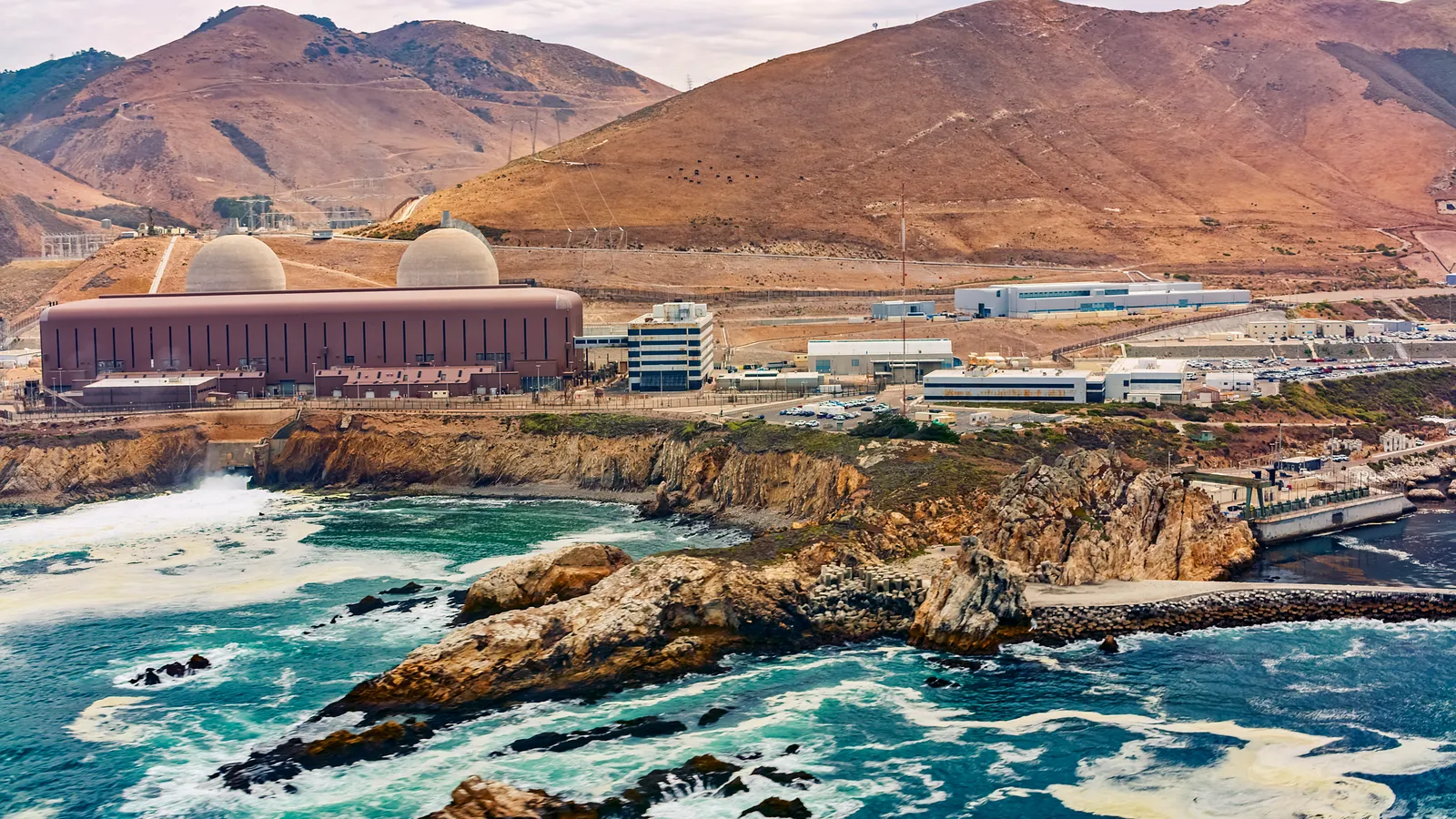NRC should assess if its reactor licensing process adequately considers climate risks: GAO | Utility Dive
Published April 4, 2024
By Brian Martucci
Dive Brief:
- The Nuclear Regulatory Commision does not fully account for future climate risks in its reactor licensing and oversight processes, the U.S. Government Accountability Office said in a report released Tuesday.
- NRC officials interviewed by the GAO said they believe current NRC risk assessment processes adequately consider climate risk, but the commission has not made a formal assessment on the question, the report said.
- “Our position is that as we go forward, [the NRC] should take the best available information on what to expect from climate change and use that to supplement their risk assessments,” GAO Natural Resources and Environment Director Frank Rusco told Utility Dive in an interview.
Dive Insight:
The NRC considers a broad range of safety threats in its licensing and operational oversight processes, including wildfires, high winds, extreme heat and cold, flooding, hurricanes and drought.
The commission closely examined flooding risk after the 2011 disaster at the Fukushima Daiichi nuclear plant in Japan, which partially melted down and released radioactive water after it lost backup power in an earthquake-induced tsunami. It published a final rule in 2019 that would require operating commercial reactors and new reactor license applicants to ensure uninterrupted reactor cooling following the loss of normal backup power.
Despite criticism from the Union of Concerned Scientists and others that the rule was not stringent enough, it did address a notable weakness in nuclear safety protocols, Rusco said.
“The NRC is a bit ahead of the game on flooding because of Fukushima,” he said.
However, the NRC currently uses historical climate data to assess other safety risks that could worsen due to climate change, the GAO found. Ahead of an anticipated flurry of new license applications for reactors “that could be around for another 80 years,” the NRC should be “looking ahead” as climate models improve and incorporate new data, Rusco said.
The GAO report made three recommendations to the NRC:
- The commission ought to assess whether its current licensing and oversight processes adequately account for increased risks due to climate change;
- Should that assessment find any gaps in existing processes that could threaten nuclear safety, the commission ought to devise and implement a plan to address them; and
- Moving forward, the commission should determine which climate projections to use in licensing and operational oversight processes and establish guidelines for how and when to incorporate those data.
In written comments included in the GAO report, the NRC noted that “the three recommendations are consistent with actions that are either underway or under development.” But Rusco reiterated that the NRC does not currently incorporate climate projections into its licensing and oversight processes.
”It could well be that if they looked at all the [climate change] projections now, even worst-case scenario projections, they’d compare those against their [safety protocols] and say, ‘We’re still good,’” Rusco said. “But they don’t know that unless they look.”
The GAO report did not suggest that the U.S. commercial nuclear fleet faces acute climate-related safety threats today, and any future threats would be site-specific, Rusco said. It’s likely that extreme weather events would first impact reactor performance rather than safety, such as an extended heatwave that affected a reactor’s supply of cooling water, he added.
“We don’t want to give the impression that all these plants are unsafe because of climate change,” Rusco said. But it’s better for nuclear plant operators, utilities, ratepayers and the NRC itself that the commission builds forward-looking climate data into its processes, he added.
“In the end, that’s going to save money for operators and ratepayers,” he said. “You don’t want to have to make costly upgrades as the climate changes.”
- Log in to post comments



